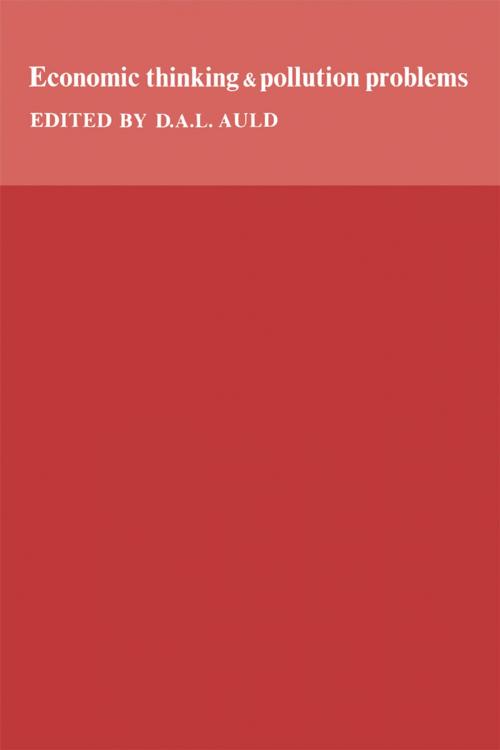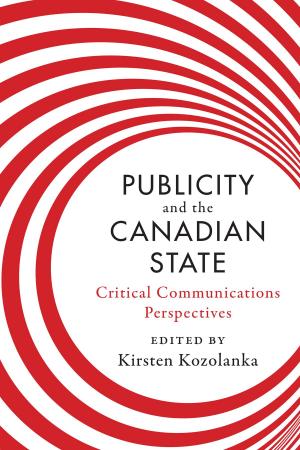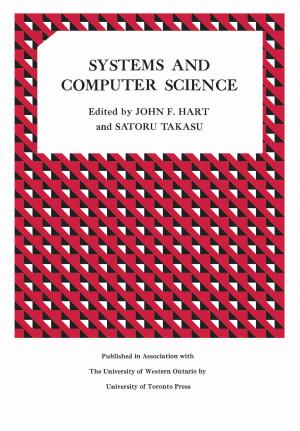Economic Thinking and Pollution Problems
Nonfiction, Social & Cultural Studies, Political Science, Government, Public Policy, Science & Nature, Nature, Environment, Environmental Conservation & Protection, Business & Finance, Economics| Author: | Douglas Auld | ISBN: | 9781442633094 |
| Publisher: | University of Toronto Press, Scholarly Publishing Division | Publication: | December 15, 1972 |
| Imprint: | Language: | English |
| Author: | Douglas Auld |
| ISBN: | 9781442633094 |
| Publisher: | University of Toronto Press, Scholarly Publishing Division |
| Publication: | December 15, 1972 |
| Imprint: | |
| Language: | English |
The purpose of this collection is to provide the student with an introduction to the way in which the discipline of economics tackles the problems posed in affluent societies by their various ‘waste’ products. ‘Pollution economics’ introduces a student to aspects of price economics, public finance, and political economy in relation to a pressing and complex public concern. The work includes a number of Canadian statements on pollution and its control in this country, and gives the text of two recent pieces of legislation on the topic.
The selections in this volume present a wide variety of opinions, ideas, and facts about the economic dimension of the ecological crisis. Pollution costs money—pollution abatement also costs money and these costs will have to be paid somehow by some people. The contributors—politicians, businessmen, and professors—explore the problem of pollution and its control as each sees it, and the volume as a whole should help encourage a greater awareness both of economics as a way of thinking and of the difficulties in making the right public policies.
The purpose of this collection is to provide the student with an introduction to the way in which the discipline of economics tackles the problems posed in affluent societies by their various ‘waste’ products. ‘Pollution economics’ introduces a student to aspects of price economics, public finance, and political economy in relation to a pressing and complex public concern. The work includes a number of Canadian statements on pollution and its control in this country, and gives the text of two recent pieces of legislation on the topic.
The selections in this volume present a wide variety of opinions, ideas, and facts about the economic dimension of the ecological crisis. Pollution costs money—pollution abatement also costs money and these costs will have to be paid somehow by some people. The contributors—politicians, businessmen, and professors—explore the problem of pollution and its control as each sees it, and the volume as a whole should help encourage a greater awareness both of economics as a way of thinking and of the difficulties in making the right public policies.















